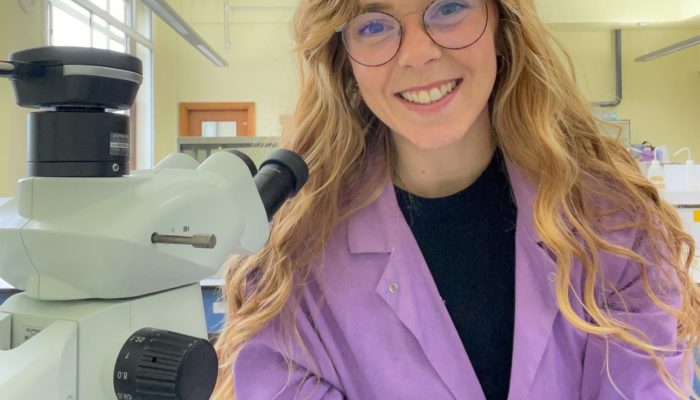
Microplastics are defined as pieces of plastic less than 5 mm in size which means they are easily transported and available to organisms of all sizes. This means they are a huge environmental threat. They have been found to cause harm in so many different species but can also carry disease and have now been found inside humans with the full repercussions currently unknown. As for corals, as they are filter feeders they can easily accidentally ingest microplastics that are in the water column. Lab studies have shown that this can harm coral health, growth and survival. This may have implications for the entire reef ecosystem which is already threatened by many environmental issues such as climate change. However, many questions remain about what is actually happening on reefs right now in terms of plastic pollution, which is what my research is exploring.
I think it’s important to be realistic – microplastics are everywhere now and it is a huge environmental crisis that needs urgent action. But media coverage can be a bit over the top with fear mongering which is not always helpful. There are some “facts” out there about plastic pollution that have maybe been a bit exaggerated but have been spread by the press. Yes, it might spur people into action but if all you talk about is doom and gloom, people are going to switch off. I think there is a fine balance which can be hard to achieve – it’s important to talk about the facts but it’s equally important to talk about solutions and what is being done. So, when communicating these issues to non-experts make sure what you are saying is backed by evidence and try and put a positive side on it too, maybe even a call to action, so people can get involved and remain optimistic.
You are also conservationist who advocates for better ocean health, including microplastics and beyond. Do you think it’s important that scientists engage with topics beyond the research environment?
Yes absolutely! Engaging the public with science is so important if we want to push for change.
We’ve seen what public pressure can do, especially recently, and it’s more important than ever. It’s also great for your communication skills if you can explain an abstract concept to the public. When you have the public talking about these things too that’s when you really see the big changes. For example, with Blue Planet II, the increased media attention on ocean issues, especially plastic pollution, is thought to have caused a huge change in consumer behaviours and policy changes. Of course, you don’t have to be part of a huge documentary to make a difference; getting people interested and involved in science in any way, from school talks to social media and science festivals, is vital to getting them excited about these topics. This will then hopefully lead to people wanting to help protect the environment too.
Finally, what’s next on the horizon for you?
Hah well that’s a very good question! I’m coming to the end of my current project and so I’m looking for my next role. To be completely honest, I’m unsure if that will be in academia. Science communication and outreach is really important to me, as is research – so whatever I do next needs to include all of those! I want to get more involved with communities and education. Sharing my love for the ocean with others is really rewarding so I hope to do more of that!

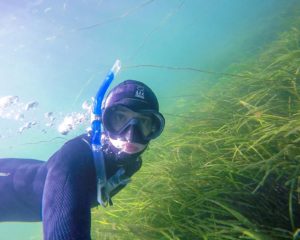
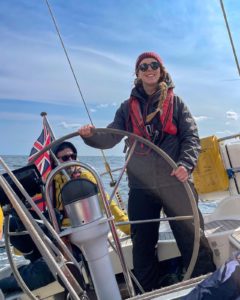


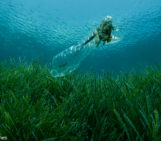
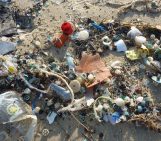
secretgames
Science communication and outreach is really important to me, as is research – so whatever I do next needs to include all of those!